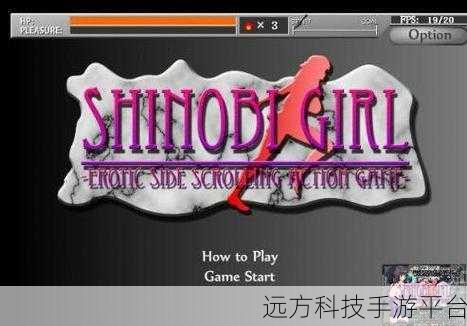唉为什么外国游戏都没有中文:外国游戏在中文市场拓展新标题的挑战与原因分析。
外国游戏中的中文缺失现象
许多玩家发现,尽管热门的外国游戏在全球范围内拥有庞大的用户基础,但却鲜有中文版推出。这个现象引发了不少讨论,究竟是什么原因导致这些优秀作品未能被翻译成中文?通过分析市场需求、文化差异以及资源配置等因素,可以更好地理解这一问题。
市场需求与投资回报
开发商在决策是否将其产品本地化时,会考虑潜在的经济效益。在一些情况下,中国市场虽然巨大,但是对于特定类型或题材的游戏,其受众可能相对较小。例如,一些以西方历史为背景或者具有浓厚欧美文化色彩的冒险类及角色扮演类游戏,很难保证能够吸引足够数量的中国玩家。因此,在这类情况下,开发团队可能会选择不进行翻译和推广,以避免高额成本带来的风险。

文化适配问题
语言不仅是沟通工具,更承载着丰富的文化内涵。一款成功的视频游戏往往需要深刻了解目标用户群体,包括他们习惯使用的语言、行为模式及价值观等。某些外国产品如果直接采用直译方式处理,将无法传达出原作想要表达的信息。这种文化冲突使得开发者们面临巨大的挑战,因此很多时候,他们宁愿保持英文版本,也不会贸然投入大量资金去做复杂而耗时的本地化工作。
技术与资源限制
Certain foreign game developers may lack the necessary resources to provide high-quality localization. This involves not just translation work, but also voice acting, cultural adjustments and marketing strategies tailored for specific regions. Smaller indie studios face even greater challenges in this regard; they often operate on limited budgets that do not allow them to invest significantly in localization efforts.

政策和监管影响
The Chinese gaming market is tightly regulated by local authorities, which imposes restrictions on many types of content. Foreign games might contain elements deemed inappropriate or sensitive under these regulations. Developers are likely wary of investing time and money into a project that could ultimately be rejected by regulators or require significant alterations before it can be released in China.
社区反馈的重要性
A vibrant community around a game can amplify its reach and success across different markets. Many players now take to forums and social media platforms vocally expressing their desire for localized versions of certain titles. However, despite the growing demand from fans within the Chinese-speaking community, some publishers remain unconvinced about potential returns on investment compared to other priorities such as creating new content or supporting existing titles with updates.
User Generated Content's Impact
User-generated content has played an important role too—many gamers have taken it upon themselves to create unofficial translations or mods for popular games lacking Mandarin support. While this demonstrates dedication among player communities aiming at bridging language gaps, relying solely on fan translations brings concerns regarding accuracy along with legal implications surrounding intellectual property rights—a factor possibly discouraging official localizations further still.